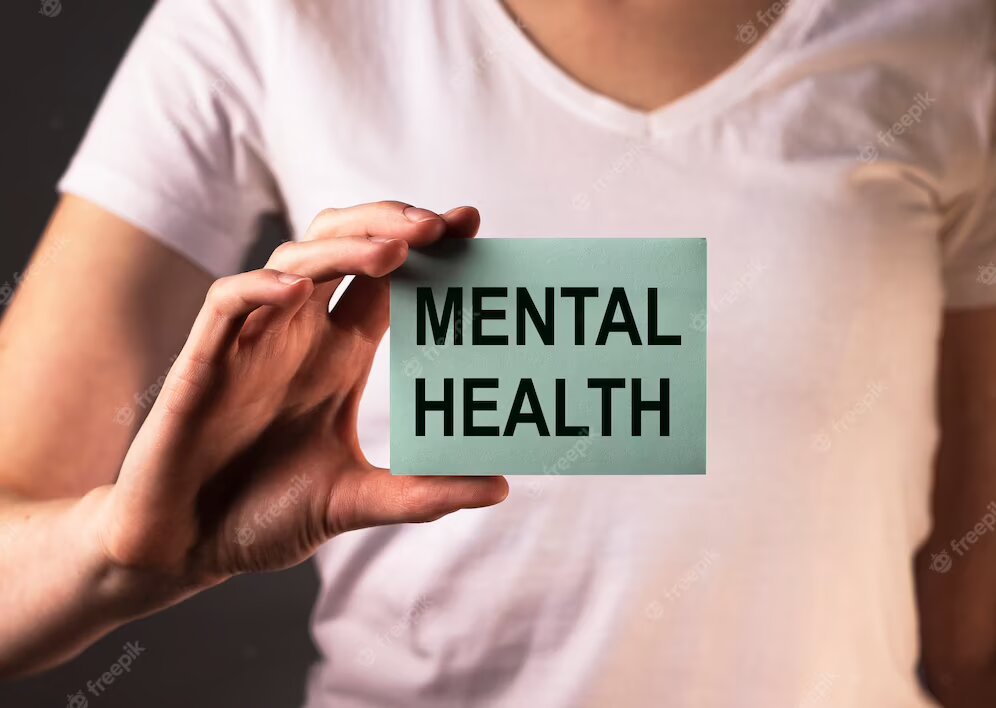As the world continues to grapple with the ongoing pandemic, there’s no denying that it has taken a toll on our physical health. But what about our mental health? The hidden costs of this crisis are often overlooked, yet they’ve been silently affecting millions of people around the globe. In this blog post, we’ll be sharing stories from survivors who have battled through mental health struggles during these tough times. From anxiety and depression to loneliness and isolation, their experiences offer a glimpse into the true impact of COVID-19 on our minds and emotions. So sit tight and join us as we explore this crucial topic – because it’s time to shed light on the hidden toll of the pandemic on our hearts and souls.
The pandemic has taken a toll on mental health globally
The pandemic has taken a toll on mental health globally. The World Health Organization has reported that depressive disorders have increased by 18% since the start of the pandemic. In the United States, anxiety and depression rates have doubled since the start of the pandemic. And in China, a study found that 50% of adults had experienced symptoms of anxiety or depression during the pandemic.
The pandemic has impacted mental health in a number of ways. First, the stress of living through a global pandemic can be overwhelming. The fear of contracting the virus or losing loved ones to it is enough to trigger anxiety and depression in even the most resilient individuals. Secondly, social isolation and restrictions on travel and gatherings have led to feelings of loneliness and isolation for many people. Finally, economic insecurity caused by job loss or reduced income can also contribute to mental health problems.
If you are struggling with your mental health during this time, know that you are not alone. There are many resources available to help you cope with anxiety, depression, and other mental health challenges. Talk to your doctor about what might be right for you, reach out to a therapist or counselor, and find support groups in your community.
Survivors share their stories
As the world continues to grapple with the ongoing pandemic, the hidden toll of the pandemic on mental health is becoming more and more apparent. Survivors of the pandemic are sharing their stories of how the virus has affected their mental health in ways that are both expected and unexpected.
For some, the pandemic has brought on feelings of anxiety and depression that they haven’t experienced before. For others, the isolation and uncertainty of the past year have taken a toll on their previously well-managed mental health conditions. And for many, the loss of loved ones to Covid-19 has left them struggling with grief and trauma.
These stories from survivors highlight the need for continued support and understanding as we all navigate these uncharted waters. It’s important to remember that we’re all in this together and that no one is alone in their struggle. If you or someone you know is struggling, please reach out for help.
The long-term effects of the pandemic on mental health
The pandemic has been an exceptionally stressful time for everyone, and its effects on mental health have been far-reaching. The long-term consequences of the pandemic are not yet fully known, but mental health experts are concerned about the potential for increased rates of anxiety, depression, post-traumatic stress disorder (PTSD), and other mental health conditions.
Stressful events like the pandemic can have a profound impact on our mental health. For many people, the pandemic has been a source of immense anxiety and stress. The constant worry about contracting the virus, the uncertainty about the future, and the isolation caused by social distancing measures can all take a toll on our emotional well-being.
For some people, the pandemic has also been a traumatic experience. If you or someone you know has experienced trauma during the pandemic, it’s important to seek professional help if you’re experiencing symptoms of PTSD such as flashbacks, nightmares, difficulty sleeping, or feeling constantly on edge.
It’s still too early to know exactly what long-term effect the pandemic will have on our mental health. However, it’s clear that this is a challenging time for everyone and that we all need to take care of our emotional wellbeing. If you’re struggling mentally or emotionally, please reach out for help from a qualified professional.
Conclusion
The impact of the pandemic on mental health is a devastating reality that many are living with. It’s important to remember that we are all in this together, and it’s ok not to be ok. There are resources available for those who need extra support during these difficult times, so please don’t hesitate to reach out and get the help you deserve. Our collective stories of resilience and strength should remind us all that no matter how hard life gets sometimes, we can always choose hope over fear.










